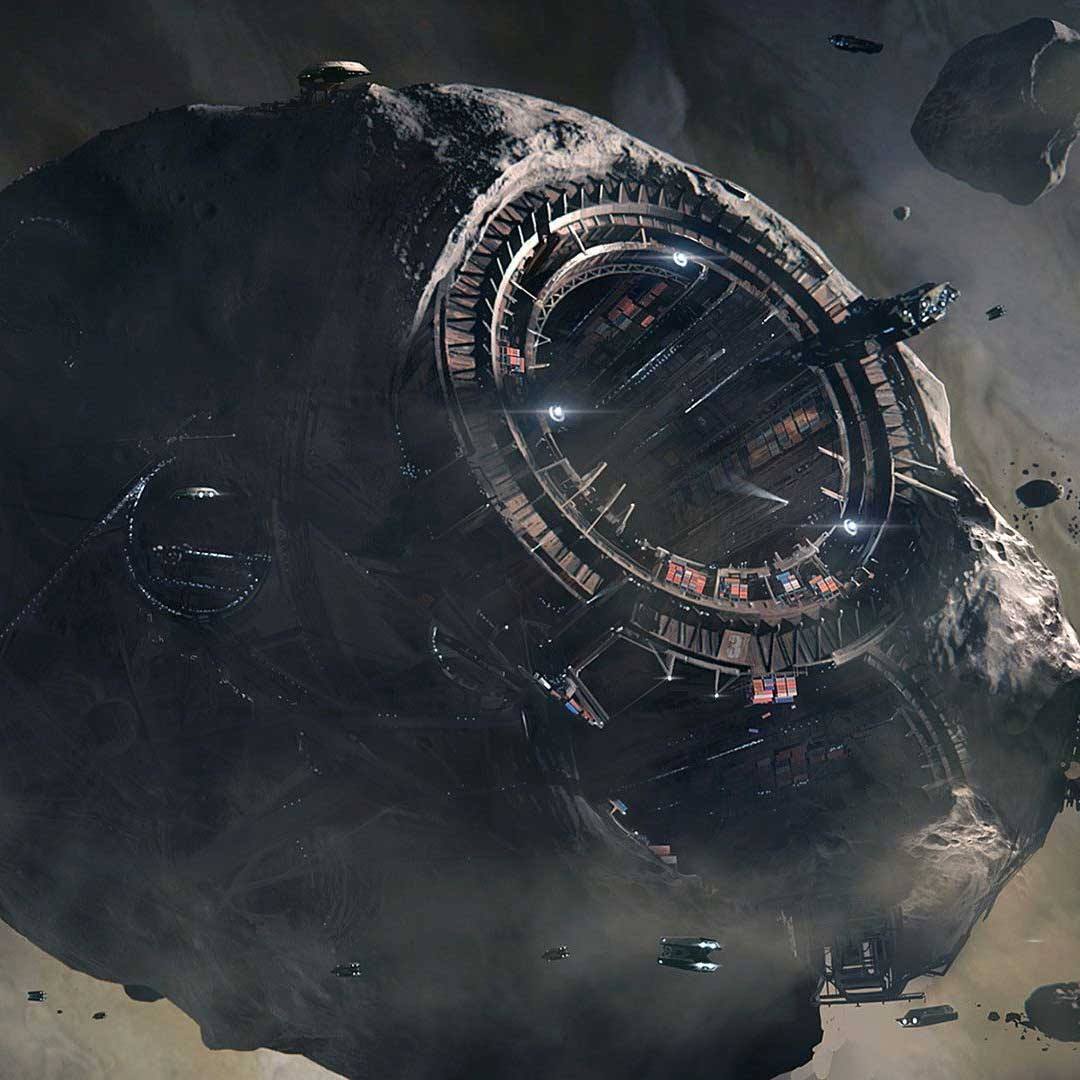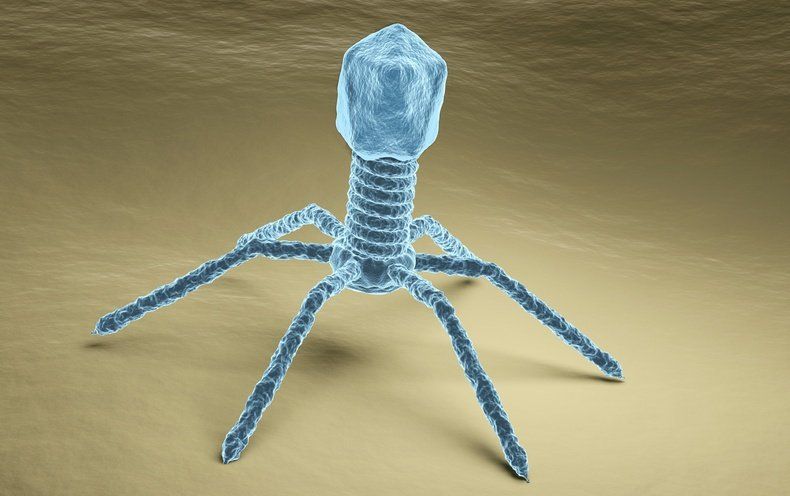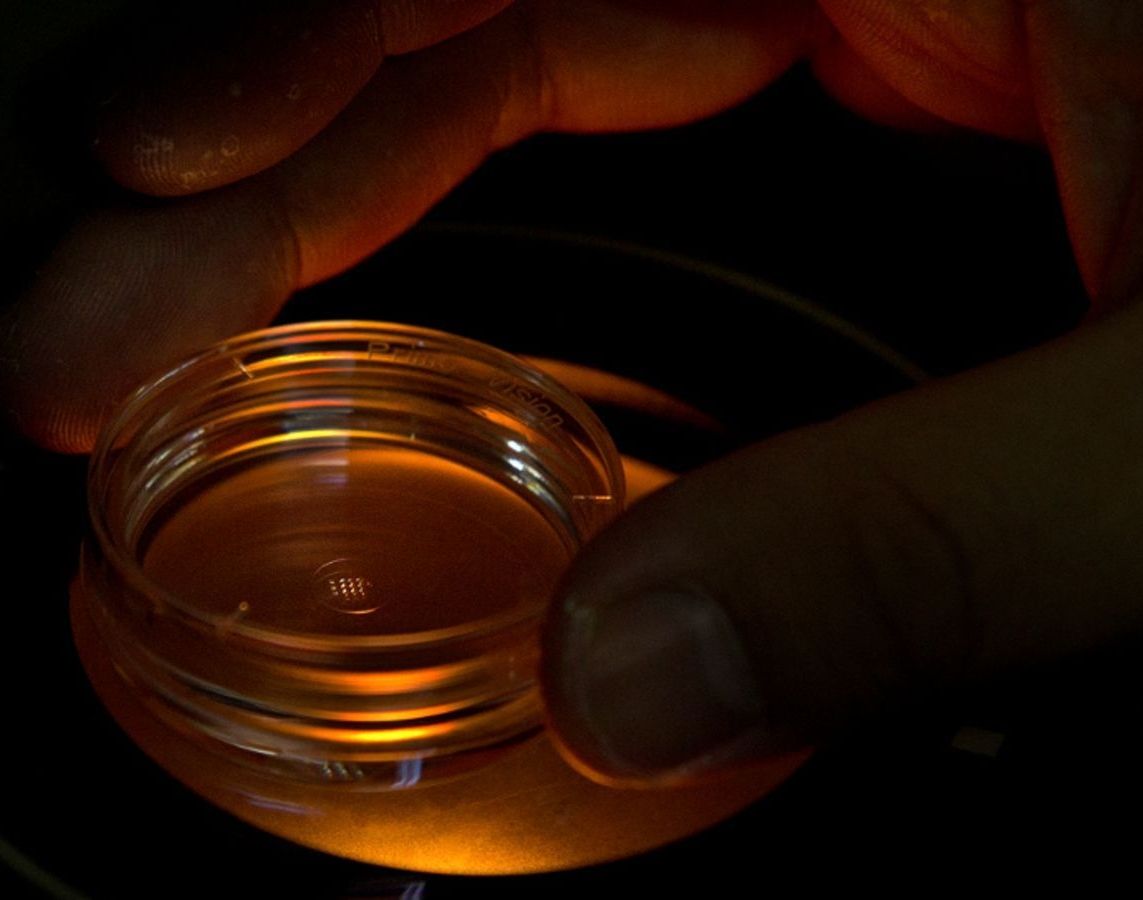Seneca Valley virus sounds like the last bug you’d want to catch, but it could be the next breakthrough cancer therapy. Now, scientists at the Okinawa Institute of Science and Technology (OIST) and the University of Otago have described exactly how the virus interacts with tumors—and why it leaves healthy tissues alone.
The study, published in the Proceedings of the National Academy of Sciences on October 29, 2018, provides the first detailed images of how the complex Seneca Valley virus forms with its preferred receptor. The researchers used cryo-electron microscopy to capture images of over 7000 particles and rendered the structure in high resolution. They predict their results will help scientists develop the virus, and other viral drug candidates, for clinical use.
“If you have a virus that targets cancer cells and nothing else, that’s the ultimate cancer fighting tool,” said Prof. Matthias Wolf, principal investigator of the Molecular Cryo-Electron Microscopy Unit at OIST and co-senior author of the study. “I expect this study will lead to efforts to design viruses for cancer therapy.”
Read more









